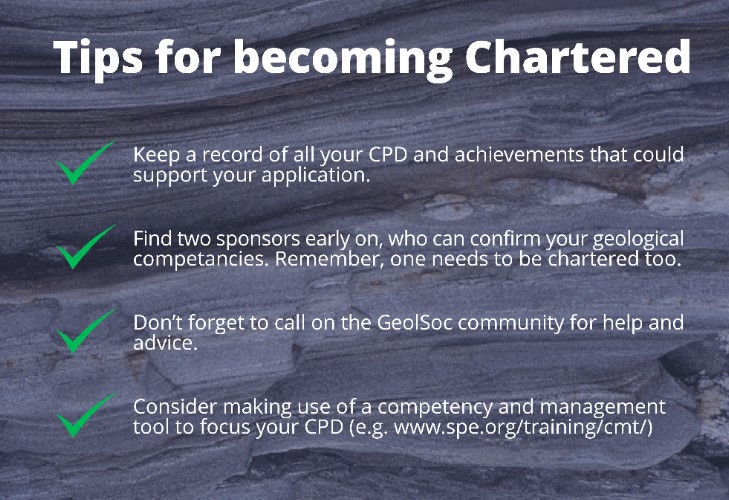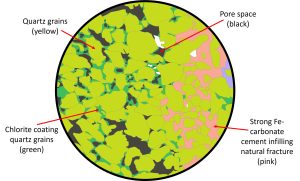Many of you will be familiar with Garrison Keillor’s gentle stories of the fictional town of Lake Wobegon, where “all the women are strong, all the men are good looking and all the children above average”. The illusory superiority effect, to give it is proper name, or the Lake Wobegon effect as many prefer to call it, impacts us all in many ways in our day to day and professional lives. A classic example is the old adage that 80% of drivers consider themselves better than average, while rating other drivers as worse (which sort of follows from the former and, by the way, average here means median not mean!). So why mention the Lake Wobegon effect in an article about Chartership in the oil and gas sector? Well, the effect applies to our perceptions of our own professional competencies. So, as our sector moves away from being dominated by geoscientists and engineers trained by long stints in majors or NOCs, the application of “competency by association” becomes less applicable: the “ten years’ experience at (select Major company name of your choice, most no longer in existence), they must be OK” does not widely apply.
What can replace this “competency by association” for an individual, who may be moving in and out of E&P, service and consultancy companies on a much more regular basis than in the past? Sure, a good network that is prepared to attest to your competency is a great place to start. It is as good as the range of that network, and the networks longevity. No doubt you’ve realised by now that I’d argue that building on your reputation by having an internationally recognised professional qualification, that is personal to you, is increasingly valuable in these new times. A professional qualification such as Chartership shows that you have attained independent accreditation of your professional capability by your peers, that you are prepared to be held accountable by them for your work and that you have accepted a code of practice governing your professional behaviour. Just about every other sector of the professions has a qualification scheme, and achieving accreditation is an absolute requirement to move forward in a career. Even in field of geoscience outside Oil and Gas, a professional qualification is a must nowadays and, actually, has been for years.
Yes, you can get away without being a Chartered Geologist/Engineer (or international equivalent, e.g. Certified Petroleum Geologist) at present and, for now at least, it might not impact your career progression. But then again, it might. Do you need to sign-off on reserves certifications, for example? Do you ever intend to move into another geoscience sector? Or might you ever be standing up in court giving a professional opinion? Just think about the value of having that accreditation behind you.

In 2014, Mike Daly, then of BP, was awarded the Petroleum Group Medal for his outstanding contribution to the petroleum geosciences. A worthy winner. At the Petroleum Group dinner that year, he made a deeply personal acceptance speech which outlined his experience of standing up in a US court to testify about the then recent Macondo incident. Multiple times he was asked by council to state his professional qualifications but, ultimately, had to accept that he had none (despite a fantastic academic record, massive experience and the deep respect of his peer group). Mike is now a Chartered Geologist, and his speech raised the awareness of the need for Chartership in our sector. Since then, there has been a massive increase in the number of oil and gas professionals presenting themselves for Chartership and, as a scrutineer, I’m pleased to say that the standard of applications is very high.
Perhaps the Lake Wobegon effect is not something to worry about but, do you as a petroleum professional really want to take that chance? And if you are hiring in services, perhaps look for that added reassurance of competence from your suppliers?
by Andy Sims, Chartered Geologist and Chartership Scrutineer



